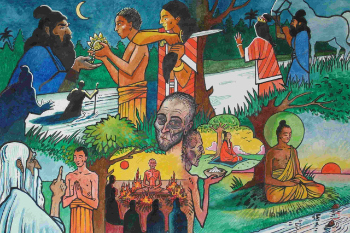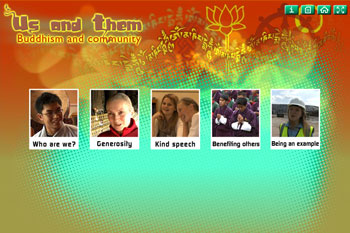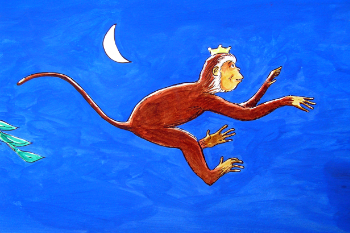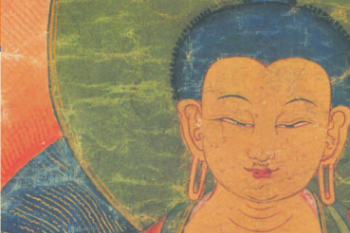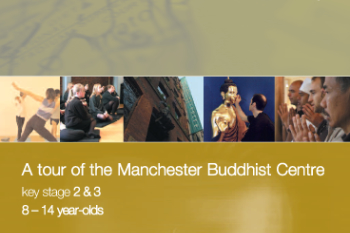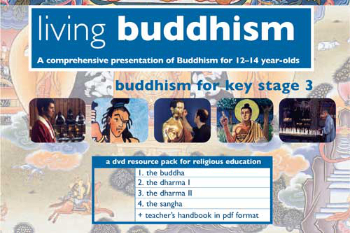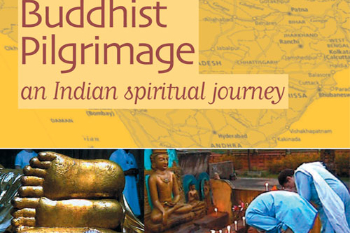Helping teachers teach Buddhism
The products that Clear Vision produced are no longer available but we are making them available here for free, at least so that the core video and supporting material is accessible again.

The Life of the Buddha
Aimed at ages 8 to 12, seven chapters take us through the life of the Buddha. The video quality isn’t up to modern standards but is watchable!
Us and Them: Buddhism, identity and community
Our first re-presentation was an online interactive Flash-based resource. We hope you find it useful for ages 12 to 16.
The Monkey King & other tales
Six carefully chosen Jatakas tales and stories from the life of the Buddha introducing Buddhist values to young children (age 5+).
Buddhism for Key Stage 2
Award-winning 4-part resource for ages 8 to 11
Buddhist Centre in the City
An insight into the life of a Buddhist place of worship in the UK, demonstating some of the ways Buddhists express their beliefs
Living Buddhism
Comprehensive 4-part resource for ages 12 to 14 covering the Buddha, the Dharma and the Sangha
Buddhism Today
Six programmes present senior Buddhists from five of the traditions in the UK speaking on a range of current concerns and ethical issues.
For Key Stages 4 & 5 (16-18 years)
Buddhist Pilgrimage
A group of Buddhists from Manchester visit seven pilgrimage sites associated with the life of the Buddha, including Bodhgaya where the Buddha gained Enlightenment
Buddhist Stories
These stories, for aged 12 and up, are accessible versions or a ‘re-telling’ of traditional texts from the Pali Canon. They don’t assume any prior knowledge, can be used in any order, and you are welcome to adapt them for your own purposes.
They are offered freely as pdfs, with thanks to Richard Winter from the Cambridge Buddhist Centre.
- Ajatasattu: the value of a life of simplicity, contentment and meditation
- Angulimala: the possibility of transforming one’s life and the difficulties involved in this
- Bahiya: the search for wisdom – beyond words and concepts
- Early Life of the Buddha: the nature of the Buddha’s wisdom
- Elephant and Opinions: why people are convinced that their own wrong opinions are the truth
- Kalamas’ questions: how to distinguish true teachings from the variety of ‘opinions’
- Karma: our good and bad actions always have good and bad consequences
- Kisa Gotami: bereavement, grief and compassion for humanity as a whole
- Meghiya: the importance of friendship in making spiritual progress
- Ocean and Wisdom: the nature of wisdom and the path to wisdom
- Signs ‘Mangala’: the many different aspects of the spiritual life
- Women’s stories 1: are there spiritual differences between women and men? Also the nature of ‘mental control’
- Women’s stories 2: spirituality and beauty, spirituality and physical pleasures


